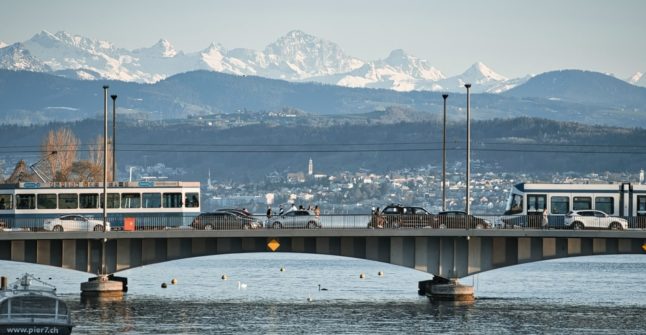The Impfdorf will be in the main hall of Zurich central station.
In addition to providing information on the vaccine for those who may still be unsure about whether or not to get the jab, there will be medical staff on site who can administer vaccines without appointments.
The village will only offer vaccinations to those who have not been vaccinated yet, with people wanting booster shots told to go elsewhere.
UPDATED: How can I get my Covid booster shot in Switzerland?
The village, which Swiss authorities say will resemble a Christmas market, will include multi-lingual staff and a number of representatives from migration agencies.
Switzerland’s foreign population has a lower vaccination rate than that of the native born. With around 25 percent of the country’s residents foreign born, this at least in part accounts for the low vaccination rate.
“We want to prevent the hospitals and their staff from coming under pressure again soon and interventions having to be postponed,” said cantonal health boss Natalie Rickli when making the announcement on November 3rd.
Zurich’s vaccination rate is higher than the national average.
CHARTS: Which Swiss cantons have the highest vaccination rates?
In total, 66.4 percent of Zurich residents are vaccinated, compared to 63.8 percent on a nationwide basis. Only Vaud, Ticino and both Basel cantons have a higher vaccination rate.
Switzerland’s vaccination offensive will include a vaccination week from November 8th to 14th, where events will take place encouraging people to get the jab.
On November 12th and 13th, pharmacies will be open until midnight offering vaccinations.
More information about Zurich’s vaccination drive can be found here.



 Please whitelist us to continue reading.
Please whitelist us to continue reading.
Member comments